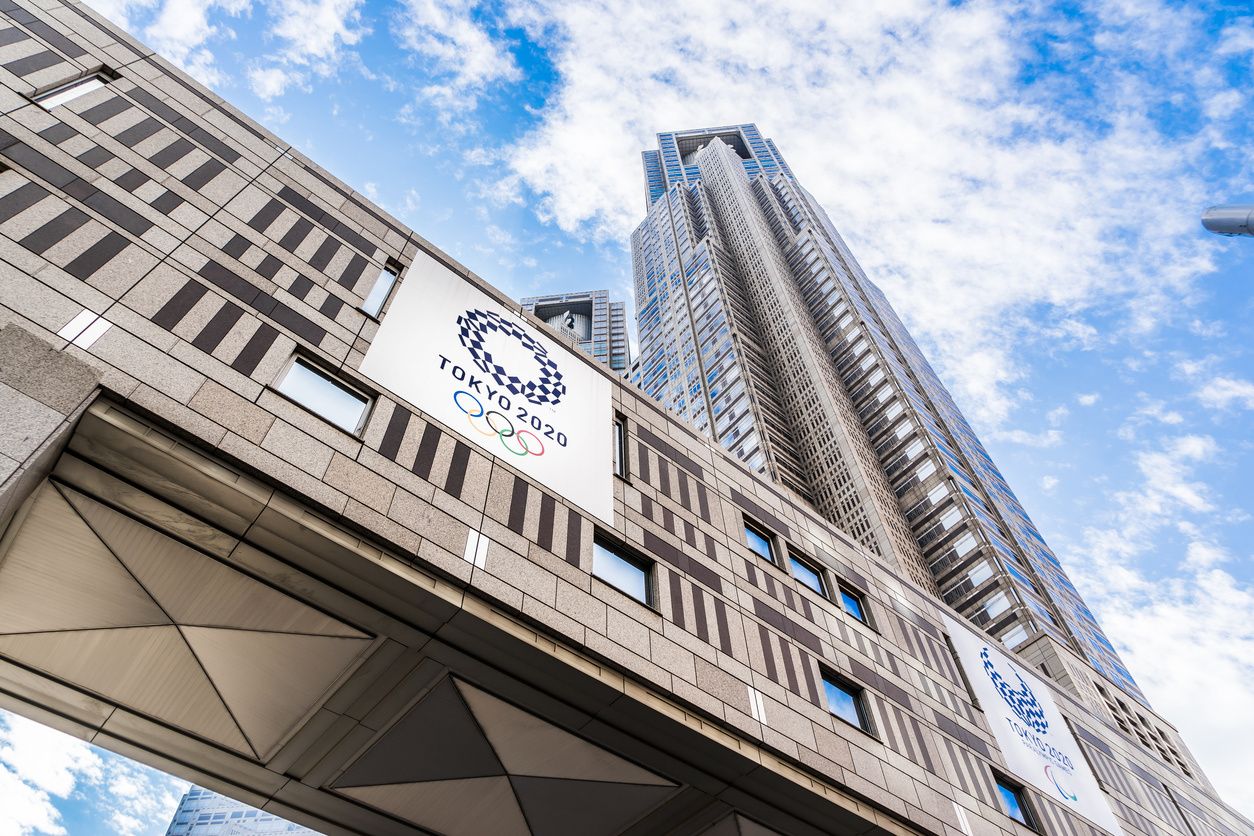Facial Recognition Technology Coming to the Tokyo 2020 Olympic Games
Facial recognition is coming to the 2020 Tokyo Summer Olympic Games to "verify the identity of athletes, officials, other staff members and media representatives at the Olympic and Paralympic Games Tokyo 2020, said the Tokyo Organising Committee of the Olympic and Paralympic Games
The facial recognition tools will be used to ID more than 300,000 people at the Summer Games, making security tighter for the athletes, officials, media, and staff — and the first time this biometric security tool will be used at an Olympic Games. The verification process adds another layer to the security staff's ability to scan people visually.
NEC Corporation will provide the high-tech security system, which collects and stores images of the faces of all persons accredited for the Olympics and Paralympics, "precluding spoofing, forgery, and the use of lost or stolen accreditations."
Facial recognition technology is not the stuff of science fiction anymore. Anyone using an iPhone X is already familiar with having their face scanned to open the Apple smartphone, and some Windows 10 machines have Windows Hello inside, a facial recognition system that not only unlocks the device, it logs a user on as well.
The Tokyo Olympics' facial recognition system will use NeoFace technology, which links photo data with an identification card carried at all times by the accredited people who will be checked. This technology is the most accurate and fastest of its kind, which will be important with so many people in one area during the Games.
"This latest technology will enable strict identification of accredited people compared with relying solely on the eyes of security staff, and also enables swift entry to venues, which will be necessary in the intense heat of summer," said Tokyo Executive Director of Security Tsuyoshi Iwashita.
While facial recognition technology was used at the Sochi airport before the 2014 Olympics, this will be the first use of the technology at the event. During the Tokyo Games, the facial recognition system will be widespread, and there will be numerous ID checkpoints throughout the metro area as people enter and exit various venues.
Spectators will not be identified via the facial recognition members, only key attendees will be put into the system pre-Games, as Fortune reports. Still, with the intense and secure verification of hundreds of thousands of people coming into the arenas, Tokyo will be, by far, the most ahead-of-its-time Olympic/Paralympic city to date, at least when it comes to advanced security measures.
